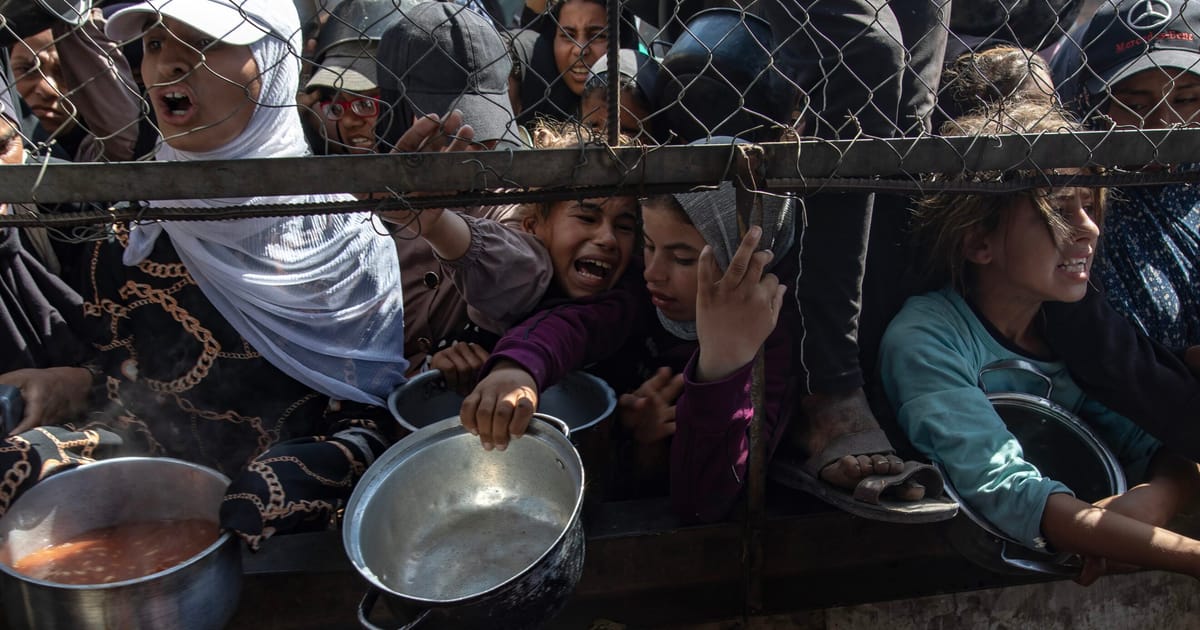

In an interconnected world, the complexity of relationships among nations continues to unfold, with recent developments highlighting both collaboration and contention across political arenas. This article delves into key updates surrounding the EU’s contemplation of diplomatic shifts in the Middle East, migratory cooperation between the UK and France, tension in Ukrainian-Russian relations, legal challenges within the United States, and the dynamics of military support for Ukraine.
The European Union finds itself at a crossroads as it considers taking decisive action in response to the escalating crisis in Gaza. Faced with mounting pressure to address human rights concerns, the EU is evaluating the suspension of bilateral ties with Israel. This proposed measure reflects the bloc’s growing commitment to addressing global conflicts with an emphasis on humanitarian principles. Such a decision could mark a significant shift in diplomatic relations, underscoring the EU’s dedication to peace and justice.
Meanwhile, across the European landscape, a noteworthy development has emerged as British Prime Minister Keir Starmer and French President Emmanuel Macron have reached a limited agreement to address migration issues. Recognizing the complexities of migration, the leaders emphasized the necessity of collaborative approaches, reasserting the belief that no nation can single-handedly tackle these multifaceted challenges effectively. This agreement reflects the spirit of cooperation and underscores the ongoing pursuit of constructive solutions despite the geopolitical shifts prompted by Brexit.
Shifting our focus eastward, the ongoing conflict in Ukraine remains a central issue on the international stage. United States Senator Marco Rubio has voiced disappointment over what he perceives as Russia’s inadequate progress toward peace. His remarks coincided with a meeting between the leading diplomats of the US and Russia, coming on the heels of recent discussions between former US President Donald Trump and Russian President Vladimir Putin. This context accentuates the enduring complexities and diplomatic efforts entangled in resolving the Ukrainian crisis.
On a more optimistic note, Ukrainian President Volodymyr Zelenskyy has reported positive developments regarding the resumption of military aid from the United States. Following constructive talks with Trump, Zelenskyy expressed gratitude for the continued support from international allies, which has enabled Ukraine to modernize its air force at an unprecedented pace. This assistance plays a crucial role in bolstering Ukraine’s defense capabilities amid ongoing tensions.
In the realm of US domestic politics, a notable legal battle has emerged, with Palestinian activist Mahmoud Khalil filing a $20 million damages claim against the Trump administration. The claim alleges false imprisonment and malicious prosecution, highlighting broader issues of immigration and human rights. As this legal process unfolds, it brings attention to the significant impact of administrative decisions and the pursuit of justice for individuals affected by them.
These updates reflect the intricate web of diplomacy, cooperation, and legal accountability that defines our current geopolitical landscape. While challenges persist, the ongoing dialogue and efforts toward collaborative solutions signal hope for a more peaceful and just international community. As nations continue to navigate these complexities, the focus remains on fostering understanding and addressing the pressing issues that transcend borders. Through mindful diplomacy and concerted action, there is potential for progress that respects human rights and nurtures global harmony.
Source: {link}
